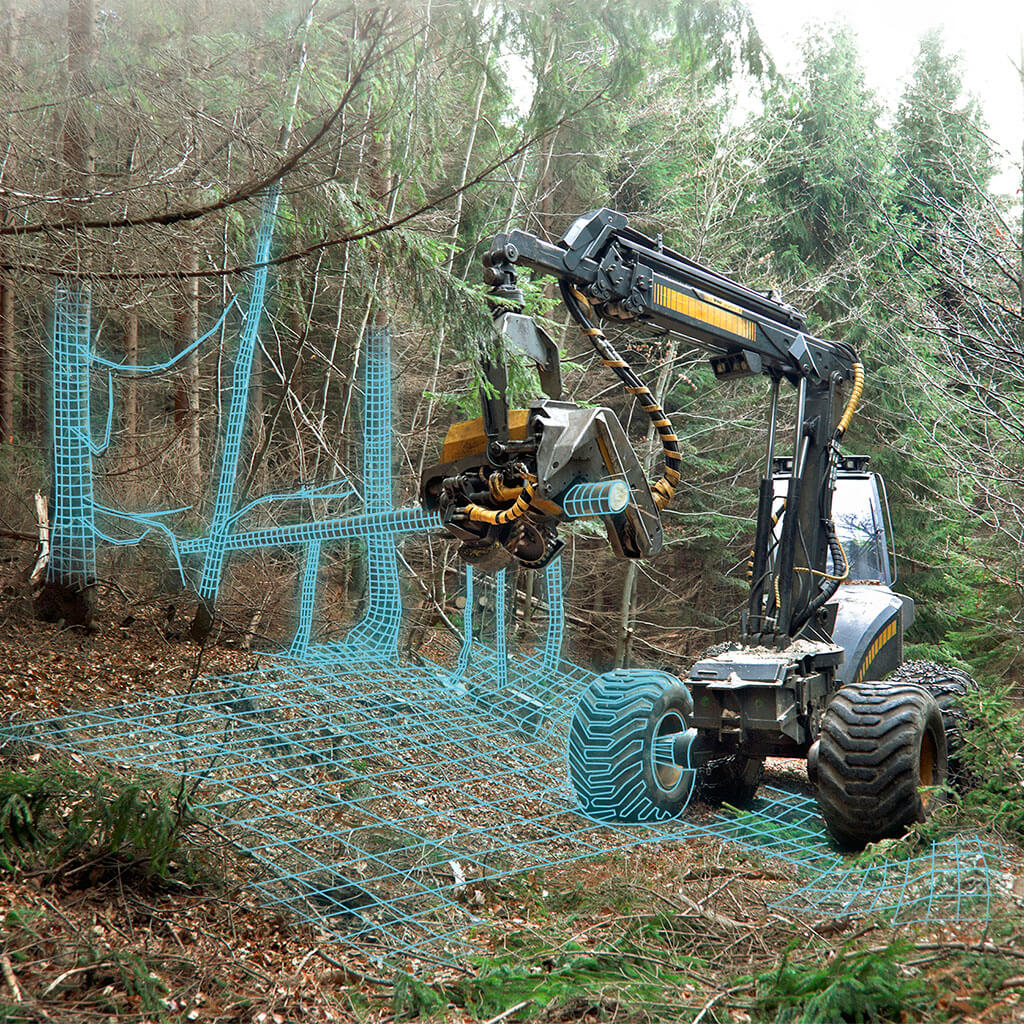Nordic Platform for Development of Autonomous Utility Vehicles (NUVE)
Intelligent Vehicles for Nature
The changing climate and tightened environmental legislation are guiding the vehicle manufacturers to develop ecological and low-emission transportations and utility vehicles. Switching from the combustion engines to hybrid and electric vehicles decreases the emissions of a utility vehicle. The NUVE project will build a controlled environment for researching, developing and testing for semi-autonomous and fully autonomous utility vehicles.
Diminishing the Impact on the Environment
The most significant impact on the environmental effect of a utility vehicle is how effectively the vehicle is used. The efficient use of the vehicle shortens the working and running time. It will increase the production capacity of a vehicle and decreases the number of vehicles needed. The efficient and correct usage of a utility vehicle not only increases the production but also lengthens the mileage of the vehicle. The correct usage keeps the vehicle in better condition and decreases maintenance and repairing costs. The driver of the utility vehicle has the most essential impact on how effective the vehicle is and how it corrodes. Semiautonomous and fully autonomous utility vehicles resolve the problems arisen from the driver’s fatigue or lack of competence.
Ground related industry is essential in the North. Agriculture, forestry, mining and maritime industry will need new sustainable solutions that are environmentally wise, safe for the environment and for the drivers in different working conditions. It is important to strengthen the economy and maintain the employment level but also protect the fragile nature of the North. These goals challenge the utility vehicle manufacturers and developers to enhance the safety of the vehicles from the standpoint of the nature and the driver.
The Nuve project is now part of NUVE-LAB. Read here more information.

